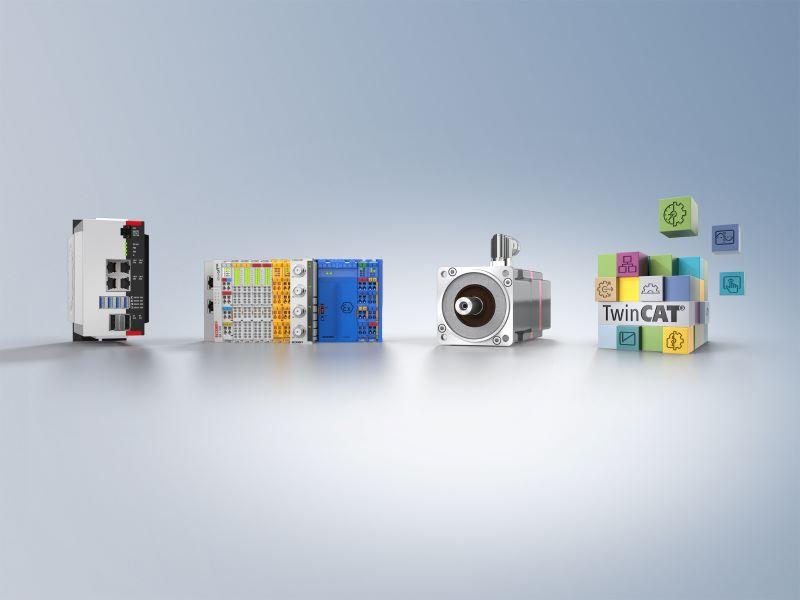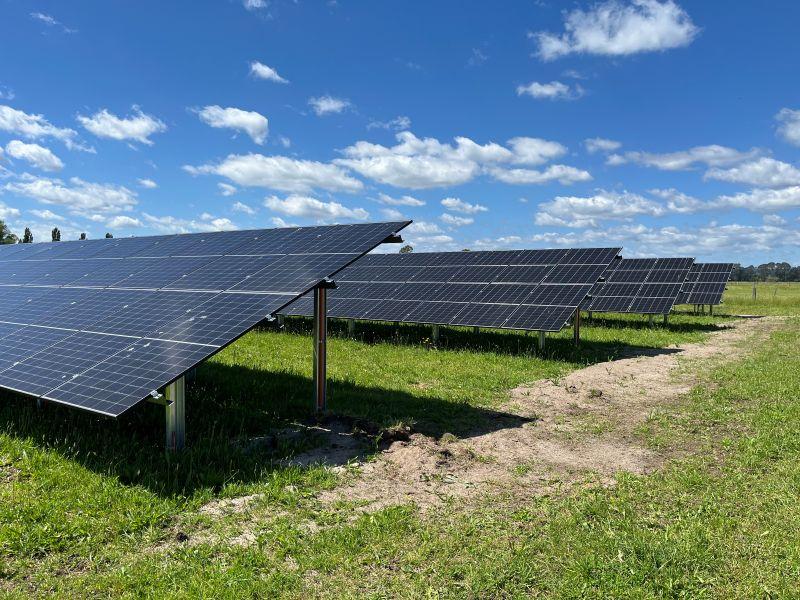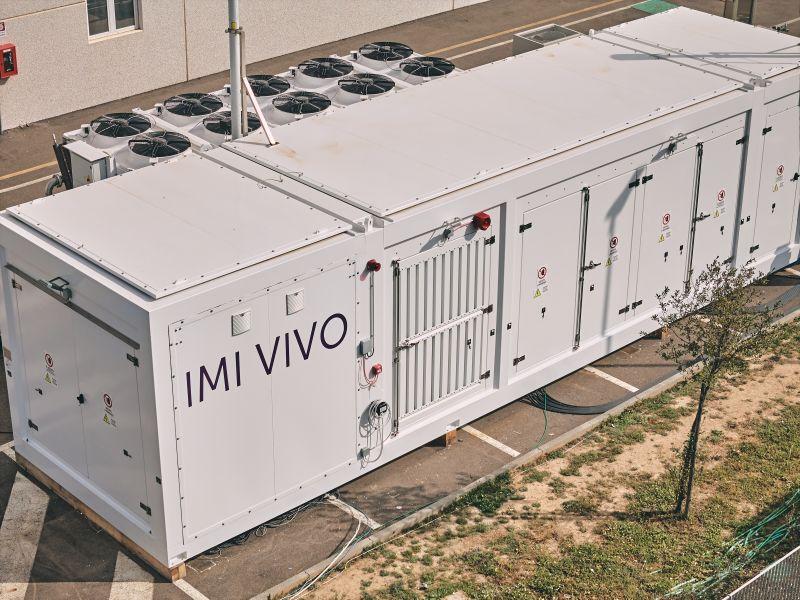Gone are the days of sustainability being viewed as a ‘tick box exercise’ on the factory floor. In today’s modern manufacturing era, companies are quickly realising the true impact of deploying (or not deploying) green measures and are holding themselves accountable for their actions.
Supriya Suhale, Category Manager – Connectivity for Beckhoff Automation speaks to the shifts taking place, saying: “In reality, large plants outputting hundreds - and sometimes even thousands - of products each day are up against a host of challenges.”
“It wouldn’t be realistic to assume that they could become CO2-neutral at this stage. However, they are looking to close collaboration with suppliers to help reduce their carbon footprint and bolster energy savings.”
the Australian federal government recently launched its first Environmentally Sustainable Procurement Policy to cut waste and bolster Australia’s circular economy transition. As a result, businesses acquiring government contracts in excess of $1 million, and operating in sectors such as construction, textiles and ICT will be required to meet mandatory sustainability outcomes from 01 July 2024.
“This is a major breakthrough for Australia and amplifies the country’s sustainability trajectory.”
Looking to its own footprint, Supriya notes that Beckhoff has adopted a ‘lead from the front approach’.
“Our global Managing Director Hans Beckhoff said it best: ‘Engineers will save the world. Our mission is to develop products and automate production processes so that they consume less raw materials and less energy than they did previously and make all manufacturing processes more efficient’” says Supriya.
Beckhoff Automation has carved out a clear and successful path to sustainability, achieving a CO2 neutral status and, most recently, being awarded the 2024 German Sustainability Award.
“At Beckhoff Automation, sustainability is not just an internal goal, it is an integral part of our value proposition,” adds Supriya.
“We believe that through innovation and efficiency, we can contribute significantly to reducing CO2 emissions and conserving resources across various industries. Our advanced automation solutions are designed to help customers achieve their sustainability goals while keeping futureproofing top-of-mind.”
Beckhoff has the sustainable edge in manufacturing
Speaking to the three key sustainable actions taking place at Beckhoff, Supriya says: “First and foremost, we focus on creating energy-efficient products, implementing sustainable manufacturing practices, and promoting eco-friendly operations.”
In addition, Beckhoff’s PC-based control technology and EtherCAT-based I/O systems are designed to optimise energy usage and reduce waste.
“Both our headquarters in Germany and in Australia also make use of 100% renewable energy.”
Some of Beckhoff’s innovations aimed at promoting sustainability include:
TwinCAT automation software: “Our software enables comprehensive energy management by integrating all components of the automation process,” says Supriya. “This facilitates the monitoring and management of energy usage across entire production lines.”
Modular and scalable solutions: “Beckhoff’s modular product design allows for scalability, ensuring that systems can grow and adapt without unnecessary waste. Customers can upgrade and expand their systems without the need for complete overhauls, reducing resource consumption and extending the lifespan of equipment.”
Low-power consumption components: Beckhoff prioritises the development of components with low power consumption. “Our compact IPCs (Industrial PCs) and embedded controllers are designed to operate efficiently, further reducing energy requirements.”
Multifunctional products: Our multifunctional devices combine various functionalities into a single unit, reducing the need for multiple components. This not only saves space and reduces material usage but also minimises power consumption and heat generation. “Examples include our combined I/O modules and one cable automation,” says Supriya.
Tips for bringing sustainability to the factory floor
Supriya’s advice to companies looking to put green measures in place is to “start small and gradually scale up”.
“Begin with an energy audit to identify key areas where energy is being wasted - implementing energy-efficient technologies like our PC-based control systems and EtherCAT I/O can yield immediate benefits. It's also crucial to integrate energy management and adapt real-time monitoring and improve energy use.”
Her top tips are as follows:
- Energy savings first and foremost: Look to products with energy savings, always!
- Reduce downtime: Downtime costs money! With real-time data processing and predictive maintenance capabilities, certain components can help minimise downtime. This boosts overall productivity, efficiencies and helps save on costs associated with unplanned maintenance.
- Focus on your Total Cost of Ownership: “Modular and scalable designs means that you can expand your systems more easily without the need for costly overhauls.”
Enhanced operational efficiency: Integrated solutions help streamline various operations, reducing waste and optimising resources for reduced costs and increased environmental savings.
- Futureproofed solutions: Choose solutions with future scalability in mind. This adaptability reduces the need for frequent replacements and upgrades, supporting long-term sustainability and cost-effectiveness.
Looking to the future, Supriya says that the need to continuously increase supply in a limited world of energy and resources will continue to put strain on the environment. “However, every action counts. This challenge must be overcome by engineers in all areas of technology worldwide, be it in mechanical engineering, water treatment, medical technology or energy management, to name a few examples.”
Notes to editors:
Beckhoff implements open automation systems using proven PC-based control technology. The main areas that the product range covers are industrial PCs, I/O and fieldbus components, drive technology, automation software, control cabinet-free automation, and hardware for machine vision. Product ranges that can be used as separate components or integrated into a complete and mutually compatible control system are available for all sectors. Our New Automation Technology stands for universal and industry-independent control and automation solutions that are used worldwide in a large variety of different applications, ranging from CNC-controlled machine tools to intelligent building control.
Website: https://www.beckhoff.com/en-au/






